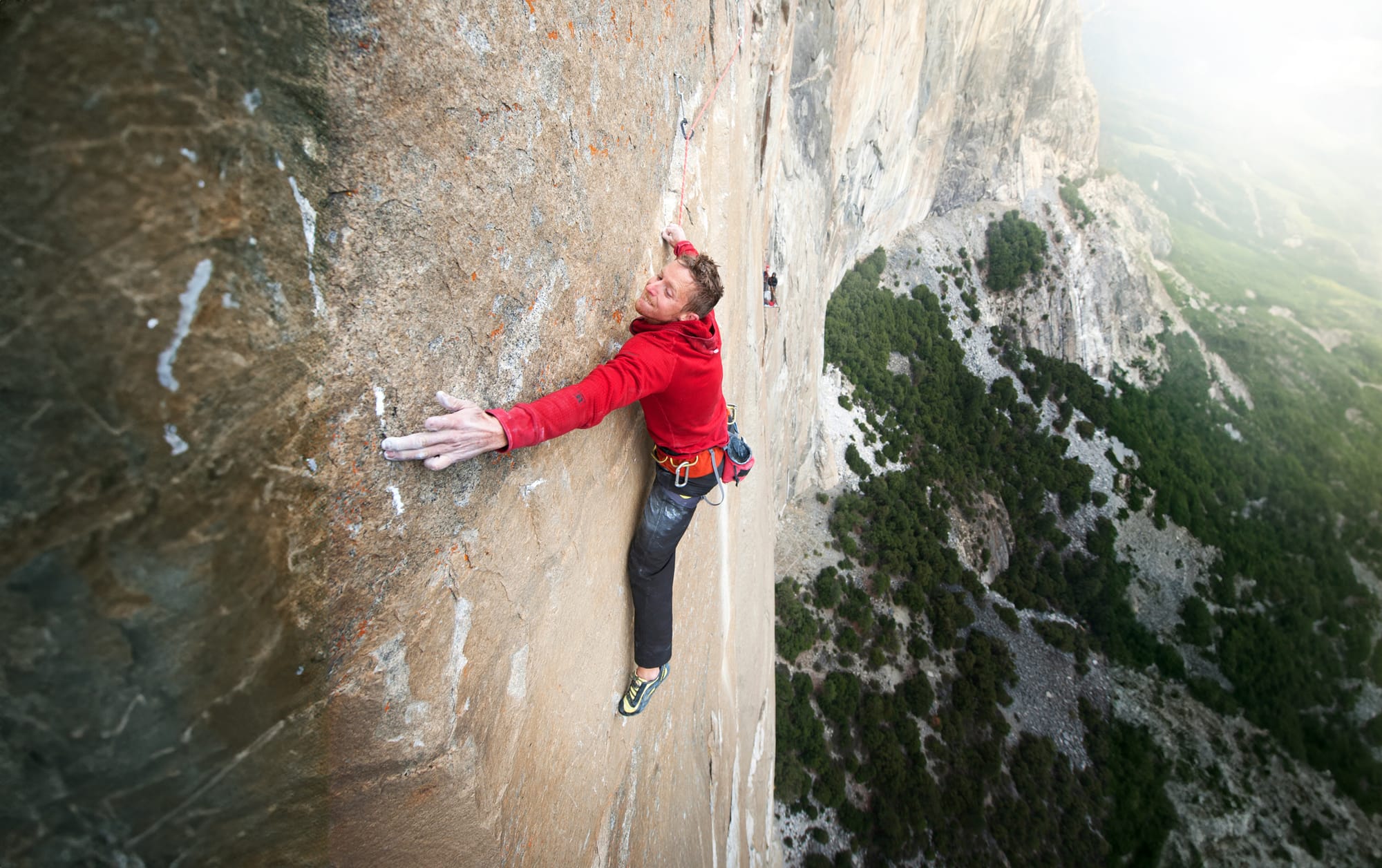Failure Should Be The Goal

“I would rather fall short of a big goal and consider myself a failure, than lower the goals to the level where I can accomplish them, just so I can feel like I’m a success.” - Simon Sinek
Perhaps the biggest misunderstanding around goal setting is the idea of needing to achieve them.
Goal setting isn't as much about creating a destination to arrive at, as it is about shaping our journey. There are 2 factors to focus on here. The first is our relationship with failure, and how it tends to hold us back. The second is the bigger the goal, the further we tend to go.
Think of it like this: If I set a goal of making a million dollars within a year, I will work a lot harder, I will be more proactive with think-tanking and problem solving, and I will be more creative and deliberate in the process than if I had the less ambitious and less focused goal of "making as much money as I can." In a sense, failure would be the goal. Because my objective would be greater than my abilities. And that's the point.
It's more about the mindset of being ok with failure, and being ok with being a failure. Because this kind of mindset frees us. If you and I are no longer afraid of failure, we can imagine bigger, take bolder risks, and explore our potential beyond the limits we would otherwise abide by.
I often hear young climbers say things like, "MY GOAL IS THE OLYMPICS, 2028." And most likely, most young climbers who say that will just not be good enough. But that doesn't mean they should lower their goal. In fact, they should maintain that goal and chase it with full abandon. The true objective, whether you are 15 or 50, is to not be afraid of being a failure, and to embrace your potential to fail in pursuit of living a bold and limitless life.

